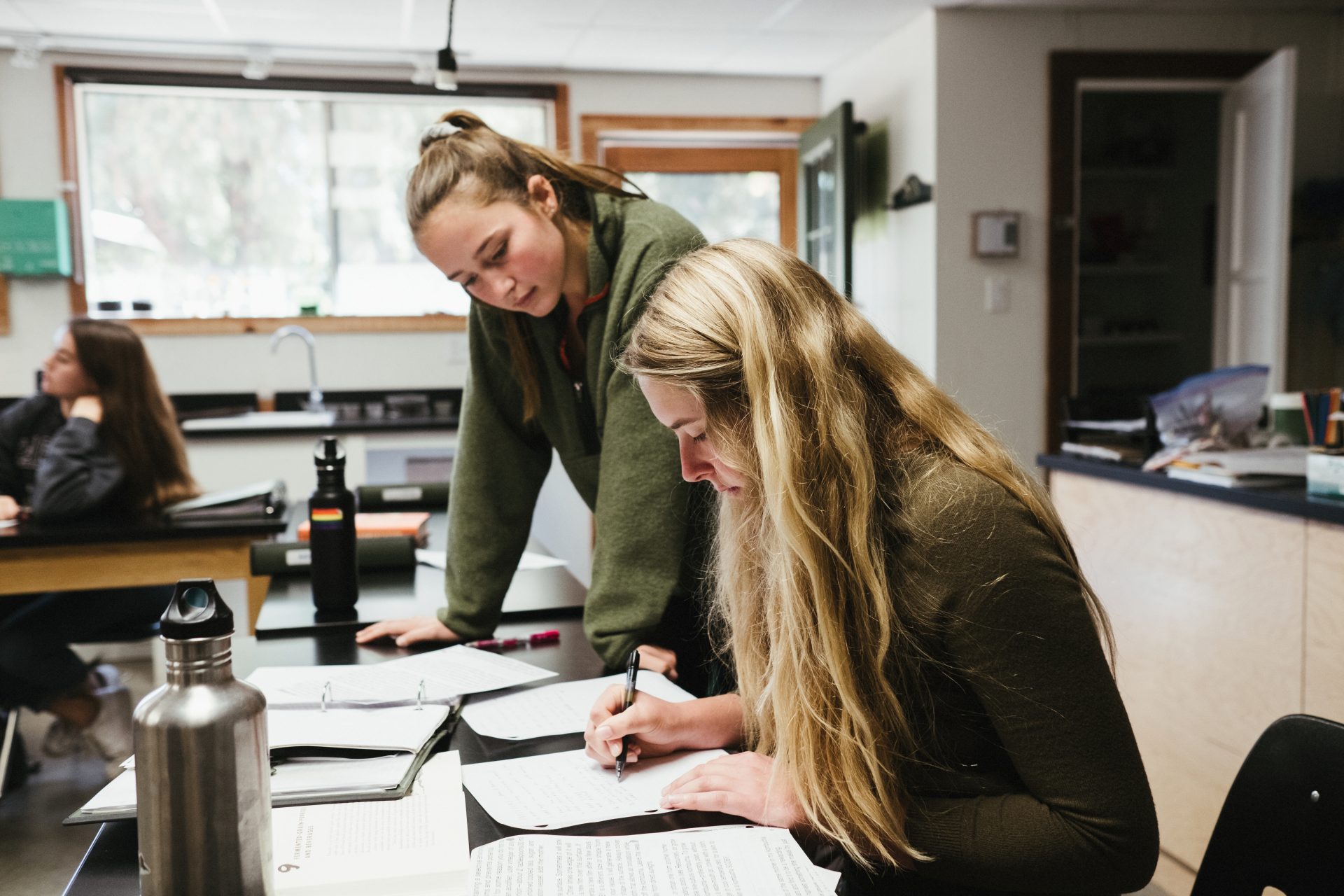
Winter 2022
In interactions with prospective students, families and within the boarding school community, one question seems to arise time and again — what is place-based education, why does it matter and how does Midland do it so well?
At Midland, place-based education is the complete immersion in the landscapes, cultures, communities and histories that make up our vast 2,860 acre campus. It is the birthplace of our rigorous science, social studies, math and language arts curriculum and the impetus for a sense of belonging, mental wellbeing and an awareness of the land we occupy.
Place-based education is intrinsic to us, our mission and our values. Here’s why:
- Academic Achievement: Data gathered in a 1998 study by internationally recognized place-based and school-improvement expert Dr. Gerald A. Lieberman (who previously served as the principal consultant for the State of California’s Education and the Environment Initiative) reveals that classrooms employing a strong place-based model of learning consistently outperform their peers on a variety of standardized tests.
- School Culture: Place-based education fosters deep enthusiasm for both teaching and learning. Teachers report a stronger connection to the material they cover, and students become more inquisitive and empathetic because the concepts covered in textbooks tangibly come to life in their surroundings.
- Mental Wellbeing: Mental health is a determining factor of an inclusive and transformative education. Place-based learning harnesses the power of green (parks, forests, hills) and blue (rivers, oceans, bodies of water) spaces to provide improved attention, lower stress, better mood, reduced risk of psychiatric disorders and even upticks in empathy and cooperation, according to the American Psychological Association.
- Environmental Stewardship: Place-based education fosters awareness and engagement in the ecosystems and communities that students are surrounded by. In turn, students cultivate agency, critical thinking, and a sense of responsibility to the earth, and are empowered to champion environmental and social sustainability.
When it comes down to it, whether your interests lie in the soil science and botany of the Midland farm, the rich cultural history of the Chumash people from whom this land was stolen from or the study of Natural Horsemanship, Midland is an idyllic setting to begin a lifetime of place-based learning, within and outside the classroom.
